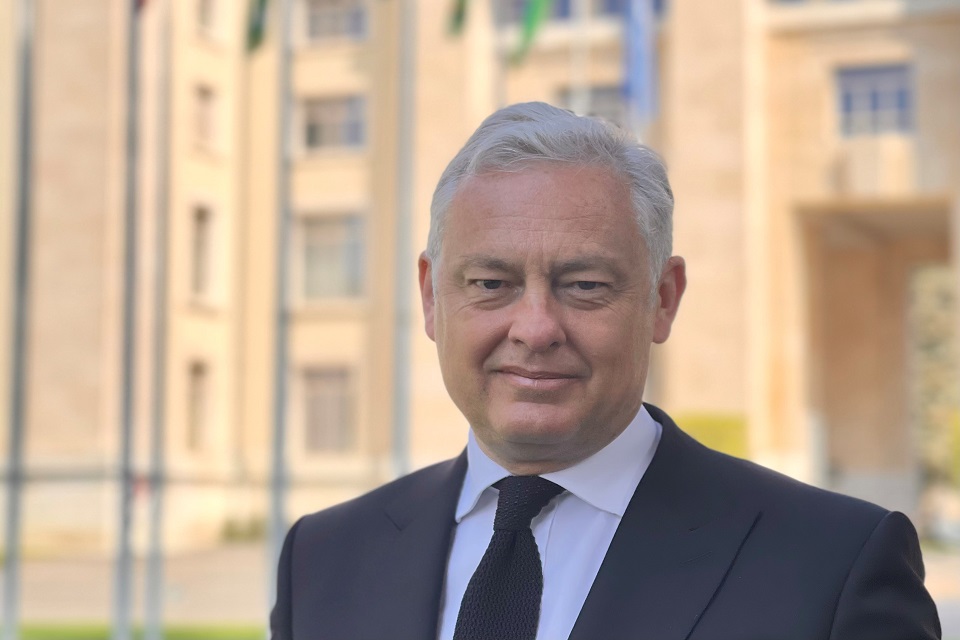UN Human Rights Council 51: General remarks on human rights in Xinjiang
Ambassador Simon Manley delivered a general remark after a vote on the situation of human rights in the Xinjiang Uyghur Autonomous Region, China.

Thank you, Mr President
Permit me to make a few remarks after the vote in relation to the Draft Decision to hold a debate on the Human Rights Situation in Xinjiang.
Members of the core group that proposed the Decision align themselves with this statement.
Let me begin by thanking every member of this Council who voted in favour of the Draft Decision, as well as every nation which co-sponsored the draft. We welcome the support of each and every one of you.
Our aim in proposing this Draft Decision was to bring before the Council an issue, which clearly warrants this Council’s attention. No state should be free to avoid scrutiny over allegations of possible crimes against humanity, whatever their region, whatever their size, or whatever their influence. And to be clear, that includes the UK.
It has been clear from talking to colleagues over recent weeks, that almost everybody in this room acknowledges that there are serious concerns about the human rights situation in Xinjiang. The recent OHCHR assessment confirms these concerns with meticulous rigour, drawing extensively on first-hand testimonies and information published by Chinese authorities.
While the Decision was not adopted, the many discussions around the draft decision in Geneva and in Human Rights Council member capitals, have served to highlight the scale, and the nature, of the terrible violations being faced by Uyghur and other Muslims in Xinjiang.
It was therefore correct for the Core Group to seek a debate at the Council. To have done otherwise would have been to ignore the plight of those subjected to arbitrary detention, torture or ill-treatment, forced labour, sexual and gender-based violence, forced sterilisations and enforced disappearance. It would have been to disregard the testimony of those who have experienced these violations first hand and helped to bring them to light, despite huge personal risk. It would have been to look the other way, when faced with allegations of possible crimes against humanity, committed against huge numbers of people from minority groups based on their ethnicity and religion.
Mr President, dear colleagues,
Problems don’t go away by ignoring them. So, we will continue to raise our concerns about the human rights situation in Xinjiang, in international fora. We will continue to urge China to change course, and to cease the practices which the OHCHR assessment has described to us, in such clear and disturbing detail. And we will not forget the plight of the Uyghurs in China.
Thank you